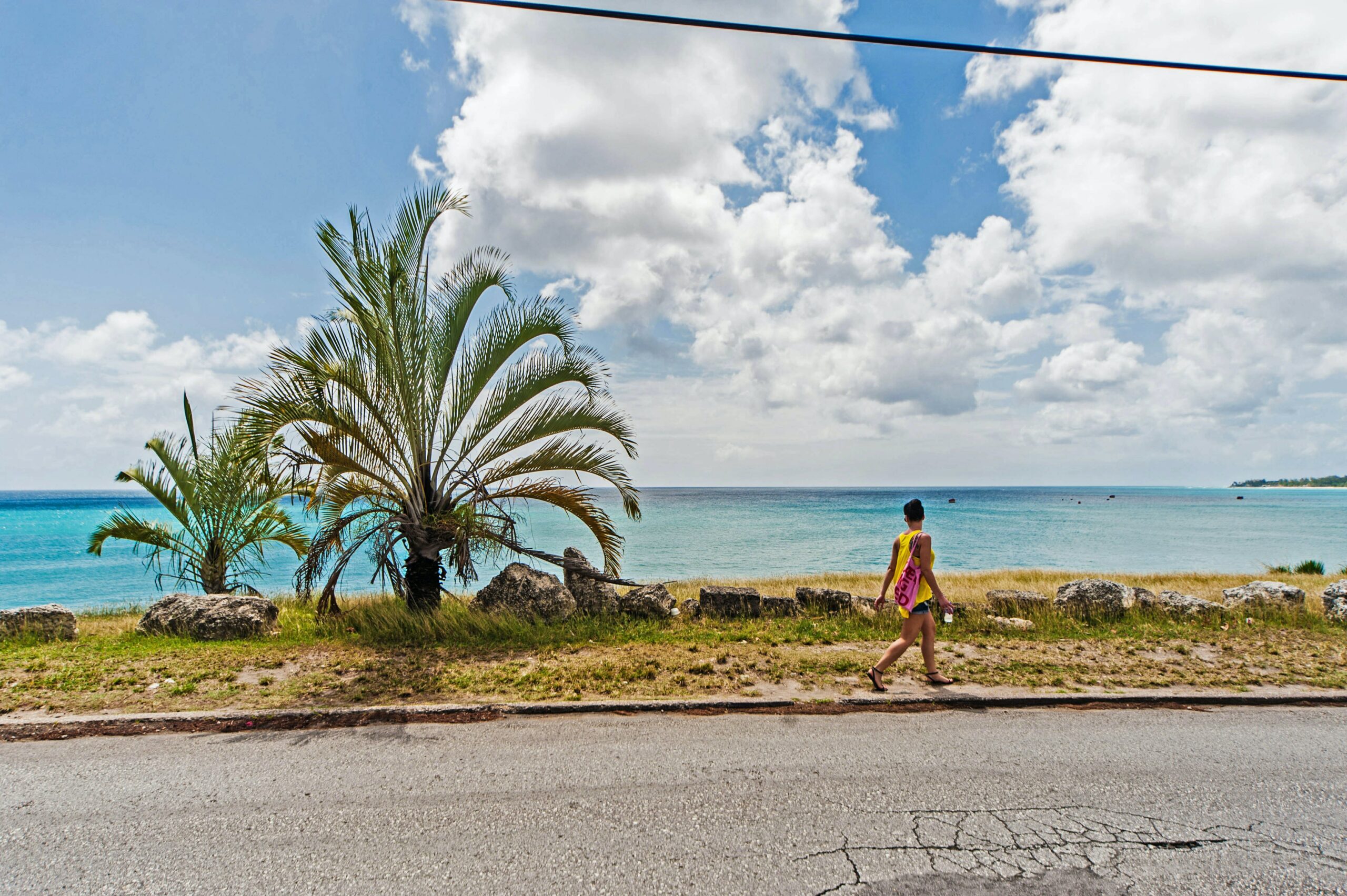
This month, the High Court of Barbados ruled that the outdated “wandering” legislation in Barbados, long-used as a way to house and punish youth in juvenile detention, is both unconstitutional and discriminatory. The judgment comes after decades of advocacy and failed political promises that the law would be taken off the books – and represents a long-overdue step forward for the protection of youth in the country. We have broken down the case that led to this ruling, and what reforms we expect to see as a result.
About The Case
The case brought to the Court centred around two teenage claimants who were housed in the Government Industrial School (GIS) – a state institution for children in need of care or in conflict with the law, which operates as a detention centre. Both girls were detained at the GIS on charges of “wandering”, which can include running away from home or vagrancy, and is treated as a criminal act.
In 2022, the girls, working with the assistance of survivor-led civil society organisation Operation Safe Space Movement for Change (OSS), filed an application through their attorney, Anya Lorde, alleging that their fundamental rights and freedoms were violated while at the GIS.
As part of his judgment, High Court Judge Westmin James ruled that section 14 of the Reformatory and Industrial Schools Act, which deals with wandering, was “unconstitutionally vague and offends the rule of law”, as well as “discriminatory on the grounds of age and sex and violates the right to protection of the law”. Combined, the claimants were awarded more than BBD $200,000 in damages.
What Comes Next
Anya Lorde said: “The acknowledgement of wandering as unconstitutional is a major step forward and long overdue. It is now critical that it is met with legislative change. The government of Barbados must also apply this decision retroactively to anyone in the GIS who has been committed for wandering.”
A new Child Protection Bill is currently in Parliament and is expected to be debated shortly, which includes removing the wandering offence. Wandering currently falls under the category of status offences, which are charges that criminalise acts of minors that would otherwise not be unlawful, including running away from home, sex with another minor or truancy. More children in Barbados are charged with wandering than with drug possession, burglary, bodily harm, robbery or theft.
Dr. Marsha Hinds Myrie, Co-founder of OSS and former Deputy Chair of the GIS, has been at the forefront of seeking to dismantle the institutional abuse meted out to minors due to this unjust legislation. ICAAD has supported OSS with strategic litigation campaigns by providing international human rights law and comparative law research with the assistance of pro bono counsel at Clifford Chance LLP.
Reforming the GIS
“Along with removing archaic legislation, we must not forget that the GIS itself is in need of urgent reform due to its abhorrent conditions and total lack of accountability,” said Dr. Hinds Myrie. “If Barbados wants to live up to its international human rights commitments, it must restructure the GIS so that it no longer favours the criminalisation and mistreatment of children.”
Conditions at the GIS are poor, with children barely getting any education nor proper nutrition. Despite a recent panel of inquiry condemning the current state of affairs and recommending a “major overhaul” of the GIS, there has been little progress to improve the conditions.
The criminalisation of minors and poor juvenile detention facilities is not unique to Barbados. The origin of wandering legislation comes from colonial times, and similar patterns can be seen in Jamaica and other former colonies in the Caribbean.
“With this decision, commonwealth jurisdictions that continue to rely on similar laws have been put on notice,” said Jaspreet Singh, Co-Founder + Advocacy Strategist at ICAAD. “They should take a very close look at their own legislation and determine which reforms are needed.”

